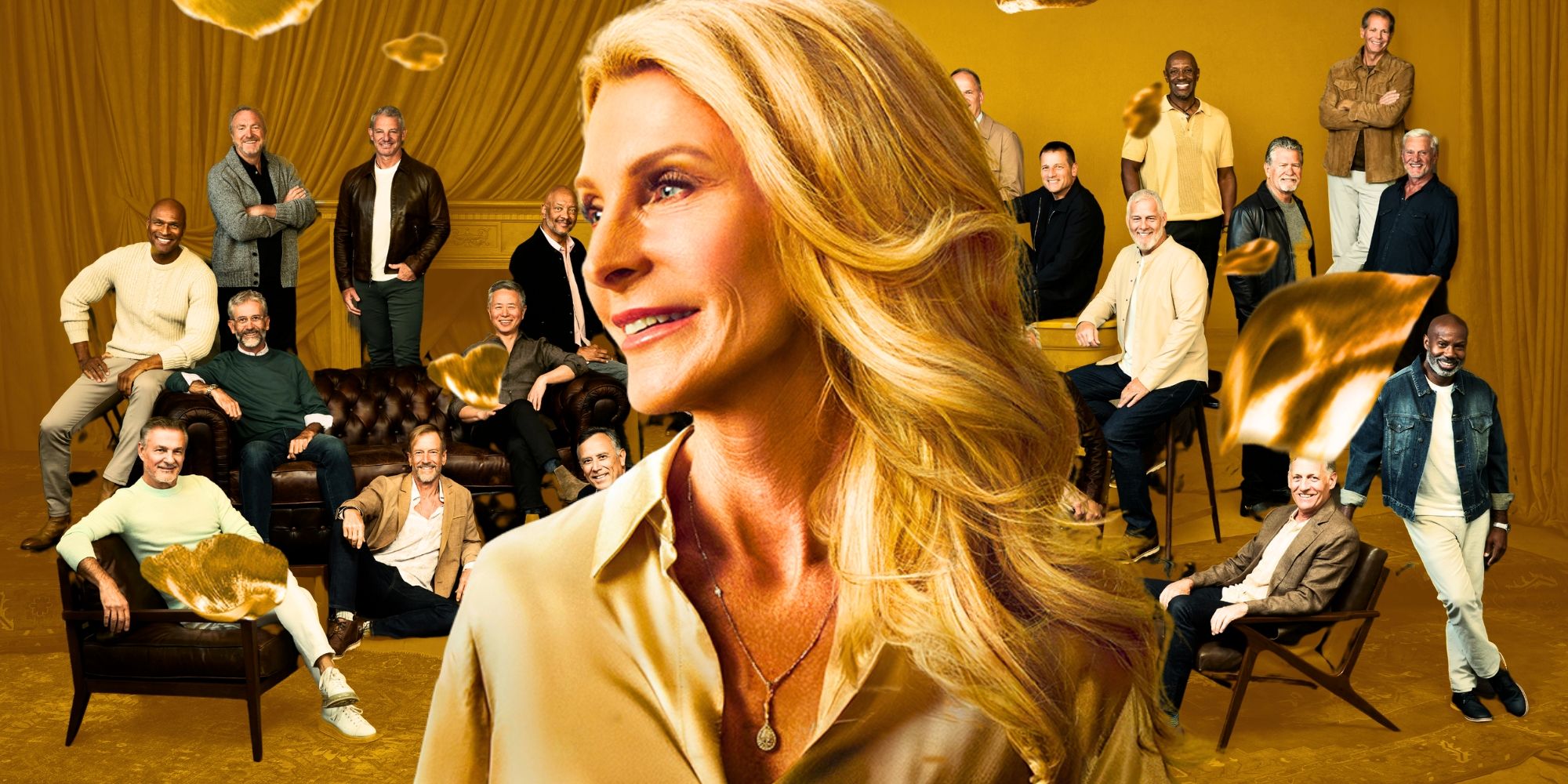On the latest episode of the hit reality TV show “Golden Bachelorette,” tensions escalated between bachelorette Joan and contestant Pascal during an intense confrontation in the hallway. The incident has sparked a widespread debate, with fans and critics alike weighing in on the complexities and implications of the exchange.
An Uncomfortable Encounter
The hallway confrontation occurred after Joan had eliminated another contestant, leaving Pascal as one of the final contenders. As Joan walked down the hallway, Pascal approached her, seemingly upset about the elimination. Video footage of the incident shows Pascal confronting Joan, who appeared visibly uncomfortable and attempted to de-escalate the situation.
Different Perspectives
There are varying perspectives on the hallway confrontation. Some viewers have expressed empathy for Pascal, believing that he was simply expressing his disappointment and frustration. Others have criticized Joan for her perceived coldness and dismissiveness towards Pascal.
The Role of Reality TV
The hallway confrontation has raised questions about the role of reality TV in shaping perceptions of relationships and interactions. Critics argue that such shows may sensationalize and exploit emotional conflicts for entertainment value, while supporters contend that they provide a realistic portrayal of the complexities of human relationships.
Implications for Relationships
The hallway confrontation has also sparked discussions about the broader implications for relationships. Some experts have expressed concern that the show’s emphasis on drama and conflict may create a distorted view of healthy relationships.
Conclusion
The tense moment between Golden Bachelorette Joan and Pascal in the hallway has ignited a complex and multifaceted debate. While some viewers may sympathize with Pascal’s disappointment, others may question the ethics of reality TV’s portrayal of relationships. The incident highlights the importance of balancing empathy and critical thinking when evaluating such shows and their potential impact on our perceptions of love, romance, and human interaction.

